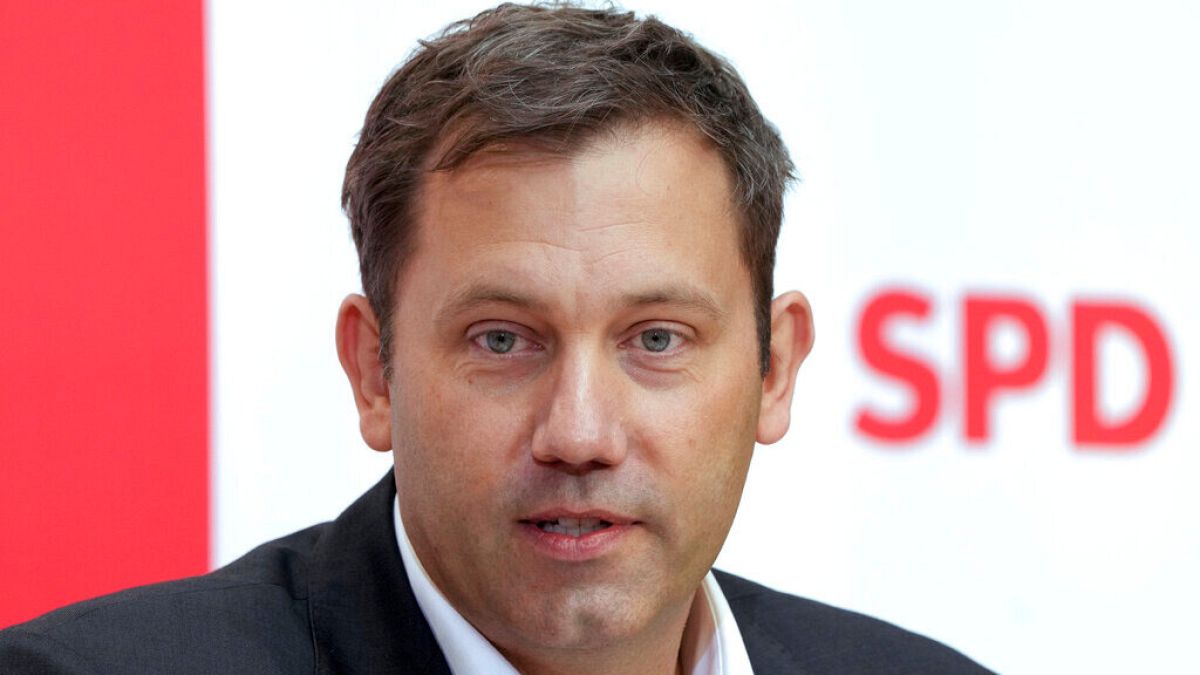Elon Musk’s Recent Endorsement of the Far-Right AfD Party in Germany Sparks Outrage
Tech billionaire Elon Musk, a close ally of former US President Donald Trump, has recently caused controversy in German politics by publicly endorsing the far-right Alternative for Germany (AfD) party just weeks before the country’s snap federal elections. This move has been met with criticism, with Lars Klingbeil, co-leader of Germany’s Social Democratic Party (SPD), likening Musk to Russian President Vladimir Putin for his perceived interference in German politics. Musk further defended his support for the AfD by highlighting the same-sex relationship of the party’s leader, Alice Weidel, in an op-ed for a German newspaper, Welt am Sonntag.
Klingbeil and his SPD co-leader, Saskia Esken, have condemned Musk’s actions as meddling in Germany’s election process and supporting an anti-democratic and misanthropic party like the AfD. Friedrich Merz, the leader of the largest opposition party in Germany, the CDU, also criticized Musk’s endorsement of the AfD as intrusive and presumptuous. Despite Musk’s claims that the AfD is Germany’s last hope, many have pointed out the party’s controversial views on LGBTQ+ rights and immigration, which go against Musk’s own statements.
The AfD, currently polling in second place behind the CDU, has faced scrutiny for its extremist elements, leading to calls for the party to be banned. Recent revelations about a meeting between AfD members and banned extremist movements have raised concerns about the party’s stance on issues like “remigration,” a controversial strategy advocating for the mass deportation of migrants and non-assimilated legal German citizens. Musk’s alignment with the AfD’s immigration policies has drawn further criticism, with some questioning his understanding of Germany’s domestic politics.
Musk’s support for radical right-wing European parties is not limited to the AfD, as he recently met with the UK’s far-right Reform UK leader, Nigel Farage. Speculation has arisen about possible financial contributions from Musk to the party, further highlighting his alignment with right-wing ideologies in European politics. As Musk continues to engage with controversial political figures and parties, his actions are likely to face heightened scrutiny and criticism from those who oppose the far-right policies advocated by these groups.
In conclusion, Elon Musk’s recent endorsement of the far-right AfD party in Germany has raised concerns about external interference in the country’s democratic process. His public support for a party known for its controversial views on immigration and LGBTQ+ rights has sparked outrage among German politicians and the public. As Musk aligns himself with radical right-wing parties across Europe, his actions are likely to face increased scrutiny and criticism from those who oppose such ideologies. It remains to be seen how Musk’s involvement in European politics will impact his reputation and business interests in the region.

























